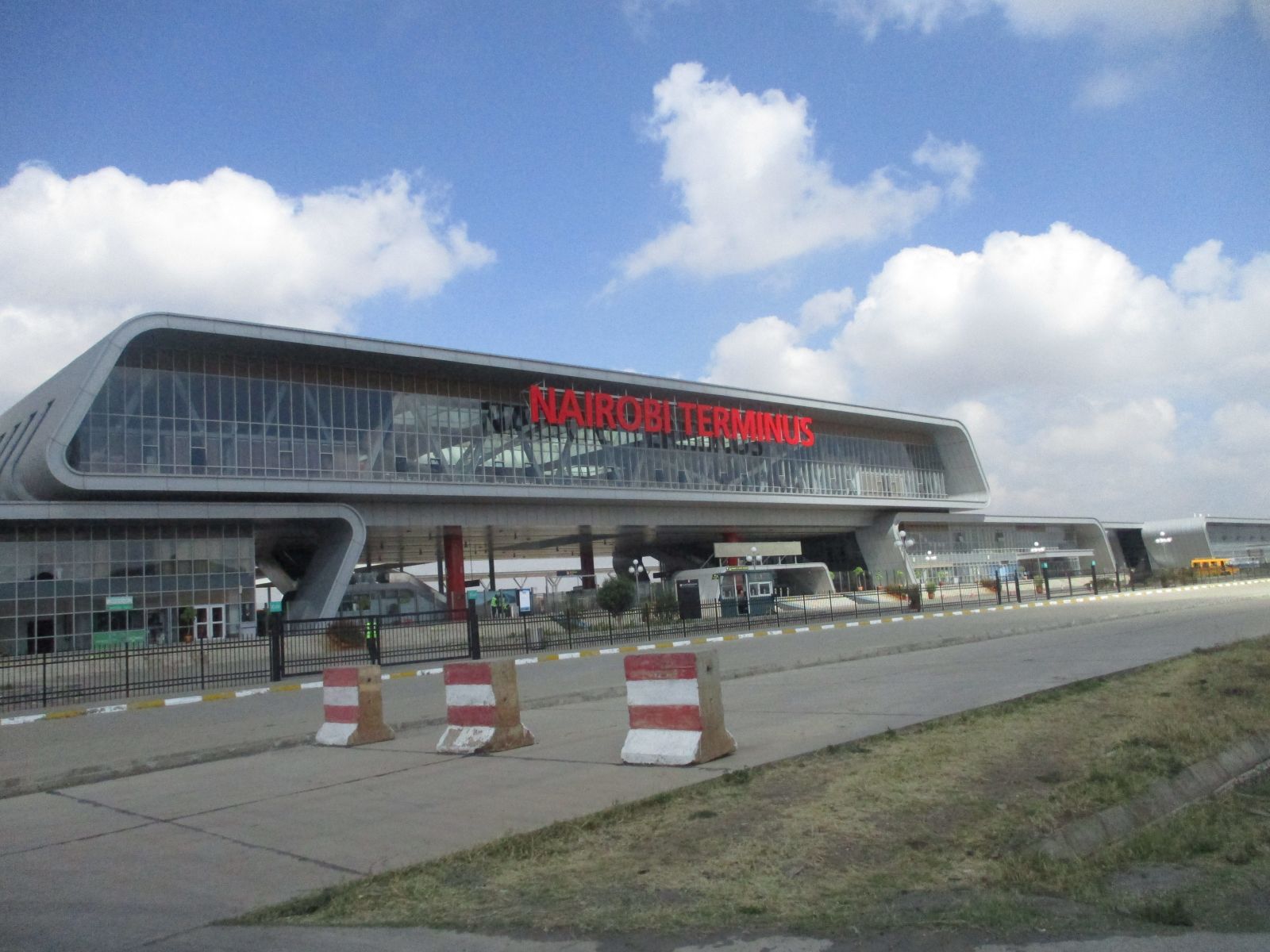International cooperation
New partners, global goals

International cooperation has been changing in recent years. Reasons include the shifting balance of global power and the United Nation’s adoption of the Sustainable Development Goals. A recently published book assesses such trends. Its title is „Transforming international cooperation“ and it is the result of a GIZ research project.
The core issue is countries’ graduation from being eligible for official development assistance (ODA) into the categories of middle- and high-income countries (see Michael Krempin in Focus section of D+C/E+Z e-Paper 2019/07). The (OECD) reckons that Mexico, Brazil and China as well as 25 other countries should be affected in the course of this decade.
Further cooperation with these countries is important, and Germa
y’s Federal Ministry for Economic Cooperation and Development (BMZ) is aware of the matter. It recently updated its strategy (see Hans Dembowski in Monitor section of D+C/E+Z e-Paper 2020/07), introducing a new cooperation category called “global partnerships” for this group of countries. According to the BMZ, the idea is to tackle global challenges and promote global public goods, including climate protection and environmental protection in general. This debate is not new. After the turn of the millennium, the BMZ used the term “anchor countries” in a similar way.
The book goes beyond issues of ODA graduation, however. Contributors from 15 countries in Africa, Asia, Europe and the Americas consider the global framework in which cooperation takes place and assess major factors that influence it. They discuss the relevance of multilateralism in an era of growing nationalisms. In spite of rather different backgrounds, the authors come to some shared conclusions. They basically agree on the following points:
- New governmental and non-governmental players have entered the arena of international cooperation, so new patterns of partnerships have emerged. Multi-stakeholder dialogue is an example.
- A new division of labour is emerging. It transcends vertical donor-recipient attitudes and makes thinking in terms of North and South obsolete. The universal approach of the SDGs exemplifies this trend.
- The new scenario requires new formats for cooperation. Triangular cooperation, which involves an established donor, an emerging market and a low-income country, is an example. It may yet be rare, but it is proving its worth. It is noteworthy, moreover, that ever more fields of policymaking will be affected as conventional development cooperation increasingly becomes broader international cooperation due to countries graduating from ODA.
As the book illustrates, global goals are becoming ever more important. Achieving them will require more – and more intense – cooperation by countries with middle and high incomes. Sharing knowledge and experience is of increasing relevance, with all partners contributing to joint learning. The precondition is that countries in the global North appreciate that they themselves must learn. The book suggests that conventional development aid will stay relevant for least developed countries, but must nonetheless adapt to the changing global context.
Reference
Kolsdorf, J., Müller, U. (eds.), 2020: Transforming international cooperation. Thoughts and perspectives on moving beyond aid. Nomos eLibrary.
https://www.nomos-elibrary.de/10.5771/9783748908388/transforming-international-cooperation?hitid=0&search-click
Luiz Ramalho is an independent development consultant
ramalhoconsult.berlin@gmail.com












